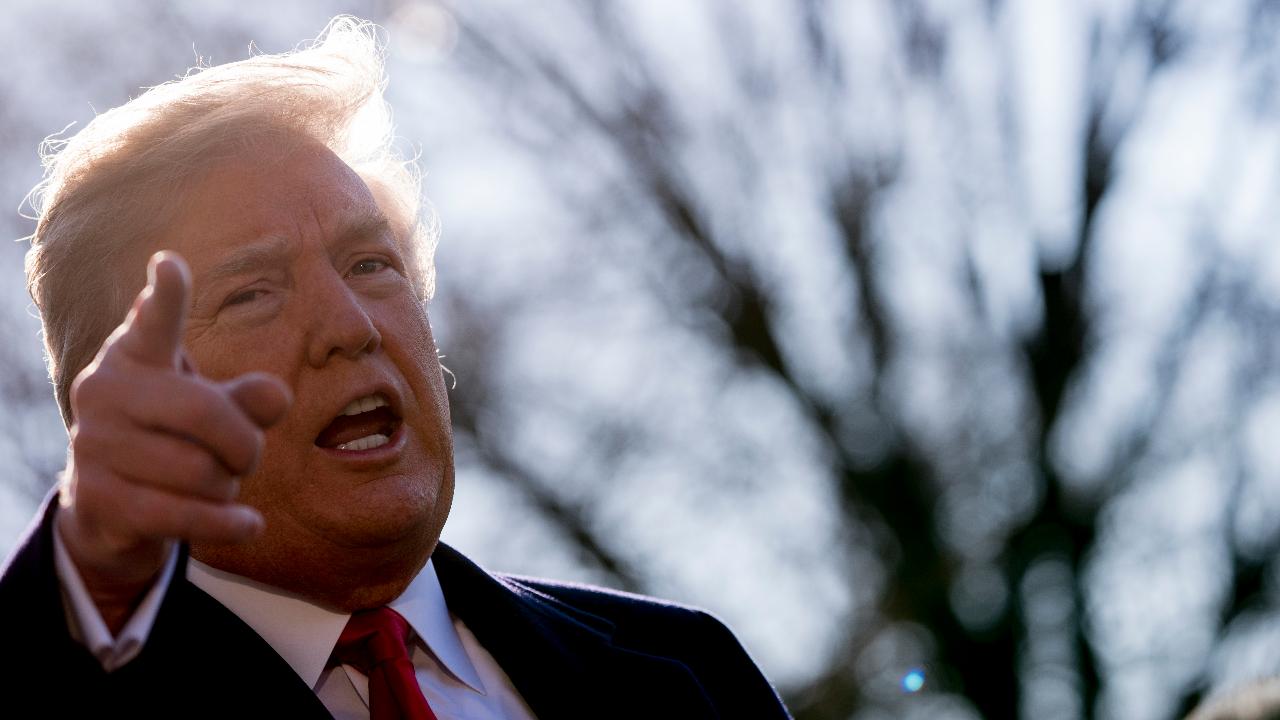Kudlow, top Trump pick for Cohn job, on tariffs: 'A crisis of logic'
President Donald Trump on Tuesday said he is looking “very strongly” at economist Larry Kudlow to replace Gary Cohn as national economic director, despite the fact that Kudlow has been a vocal critic of the administration’s steel and aluminum tariffs.
Trump acknowledged at the White House on Tuesday that he and Kudlow “don’t agree on everything,” but said the media personality has “come around to believing in tariffs … as a negotiating point.”
During an interview with FOX Business’ Maria Bartiromo last week, former White House press secretary Sean Spicer said Kudlow would be a good pick because he understands the president, has a strong business sense and could keep the markets calm.
While the president maintains he can work with Kudlow, the former economic and policy adviser to President Ronald Regan, on tariffs, earlier this month the free-market economist railed against the move to impose the duties.
In an op-ed written along with economists Art Laffer and Stephen Moore, the trio called the move to impose tariffs as a means to increase American prosperity a “crisis of logic.”
“Tariffs are really tax hikes,” Kudlow, Laffer and Moore wrote. “Since so many of the things American consumers buy today are made of steel or aluminum, a 25 percent tariff on these commodities may get passed on to consumers at the cash register. This is a regressive tax on low-income families.”
The three economists also said that up to 5 million American jobs could be put at risk. They also listed multiple instances where tariffs failed to have the desired effect, including under Presidents Ronald Reagan and George W. Bush.
The president signed an executive order earlier this month to enact a 25% tariff on steel and a 10% tariff on aluminum imports, which has ignited controversy within the Republican Party. House Speaker Paul Ryan (R-Wisc.) said he disagrees with the new trade restrictions and Cohn resigned in the wake of the announcement. Republicans are seeking to take legislative action to block the implementation of the policy.




















